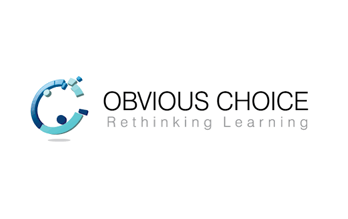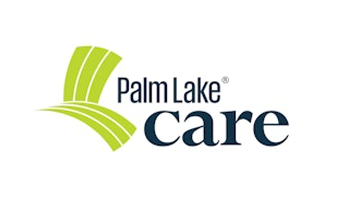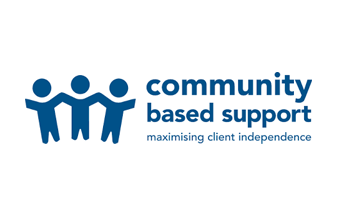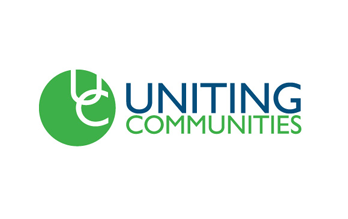Obvious Choice in partnership with Palm Lake Care, Community Based Support Ltd, The Whiddon Group, Uniting Communities, and Boston Bay Village Pty Ltd, has been awarded an ARIIA grant for their project ‘Develop a microlearning approach to improve care workers competence meeting the needs of persons living with dementia’.
This project will codesign a microlearning solution which will improve care workers confidence and competence in addressing Behavioural and Psychological Symptoms of Dementia (BPSD) / responsive behaviours. The evaluation of the project will measure:
1. improvements in clinical quality indicators
2. staff confidence and knowledge gains
3. consumer / substitute decision maker confidence in the quality of care delivered.
The microlearning delivers regular five-minute ‘coaching conversations’, on key topics evidence shows aged care workers find challenging when delivering dementia care. The microlearning adapts (using an algorithm) to match the needs of each worker. Continuous development, using microlearning, is not only vital for managing BPSD, but it also improves worker’s competence, well-being, safety, and self-confidence. This approach also minimises related leave-of-absences and enhances staff retention by providers which is critical given current workforce challenges in the sector.
For this project, the existing Forget Me Not app will be ‘upgraded’ with a bespoke dashboard enabling Team Leaders to create, monitor, and evaluate peer-to-peer learning interactions. Localised management of peer-learning will allow providers to better support workers and drive improved BPSD knowledge retention and translation into practice.
A mixed method evaluation strategy will be implemented by the Lead Organisation.




